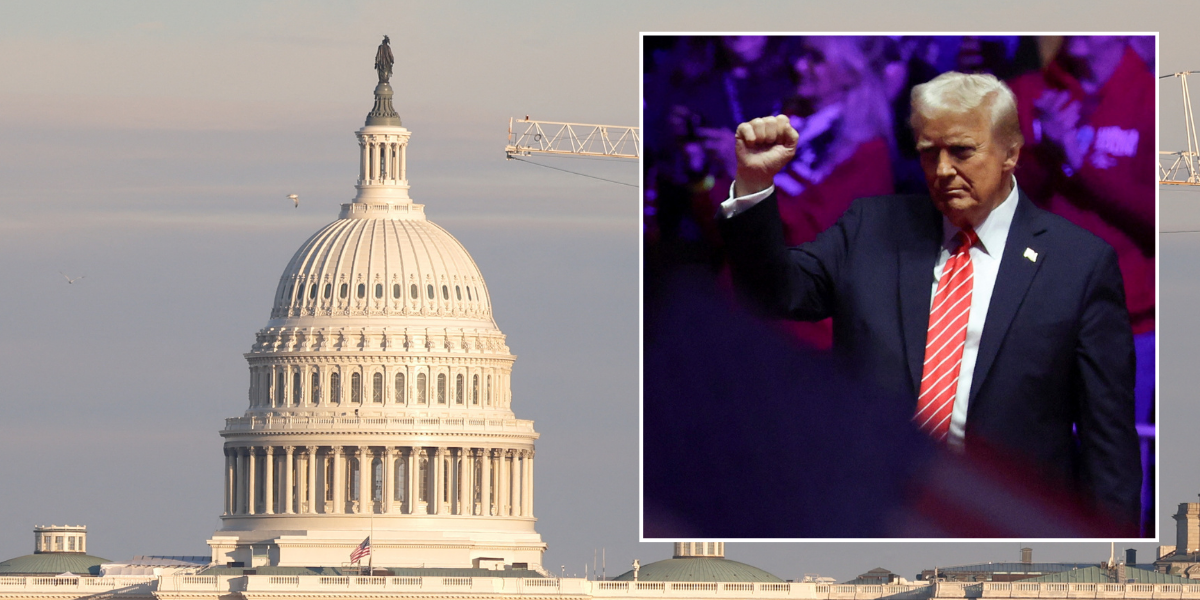The U.S. Senate confirmed Pete Hegseth as Secretary of Defense on January 24, 2025, in a close 51-50 vote. Vice President JD Vance broke the tie, reflecting deep partisan divisions. Hegseth, a 44-year-old Princeton graduate and three-tour combat veteran, earned Bronze Stars in Iraq and Afghanistan before transitioning to media.
He spent eight years as a Fox News commentator, championing Trump’s “America First” agenda and criticizing foreign aid. His 2020 book, American Crusade, condemned progressive reforms in the military, arguing they undermine discipline.
Supporters praise his focus on self-reliance, while opponents highlight his 2018 call to “dismantle NATO” and past clashes over diversity programs at veterans’ groups.
The confirmation process exposed rifts within the GOP. Senators Mitt Romney and Lisa Murkowski opposed Hegseth, citing his lack of Pentagon experience and inflammatory rhetoric.
 Pete Hegseth Takes Charge at Pentagon, Signaling Policy Shift. (Photo Internet reproduction)
Pete Hegseth Takes Charge at Pentagon, Signaling Policy Shift. (Photo Internet reproduction)Democrats, meanwhile, revived accusations of workplace disputes during his 2012–2017 tenure leading Concerned Veterans for America. Hegseth denied wrongdoing, framing the scrutiny as attacks on his anti-establishment stance.
Hegseth now faces immediate tests: stagnant Ukraine aid, rising Middle East tensions, and a 15% Army recruitment shortfall linked to younger Americans’ distrust of institutions. He vows to slash “wasteful spending” on climate initiatives and redirect funds to modernization.
European leaders fear reduced U.S. engagement, noting Trump’s prior threats to abandon NATO. German Chancellor Olaf Scholz called the appointment “a gamble for Western security.”
Pete Hegseth Takes Charge at Pentagon, Signaling Policy Shift
Domestically, Hegseth targets “woke” policies in military training, pledging to eliminate critical race theory from curricula. Advocates argue this restores meritocracy, but critics warn it alienates minority recruits. His push for “patriotic education” aligns with libertarian ideals of individual responsibility, rejecting what he terms “government paternalism.”
Global markets reacted cautiously, with defense stocks rising 3% on expected contract boosts, while European indices dipped. Analysts note Hegseth’s policies may strain trade ties if the U.S. withdraws from multilateral pacts. China’s state media framed the move as “American retreat,” but experts caution Beijing could exploit perceived isolationism.
Hegseth’s rise reflects a broader debate: Should America lead through collective security or protect its interests alone? His supporters see a return to constitutional principles; detractors fear eroded global trust. As he takes command, the world watches whether his vision strengthens U.S. autonomy—or destabilizes the order it built.

 By The Rio Times | Created at 2025-01-25 22:32:42 | Updated at 2025-01-27 04:26:09
1 day ago
By The Rio Times | Created at 2025-01-25 22:32:42 | Updated at 2025-01-27 04:26:09
1 day ago








